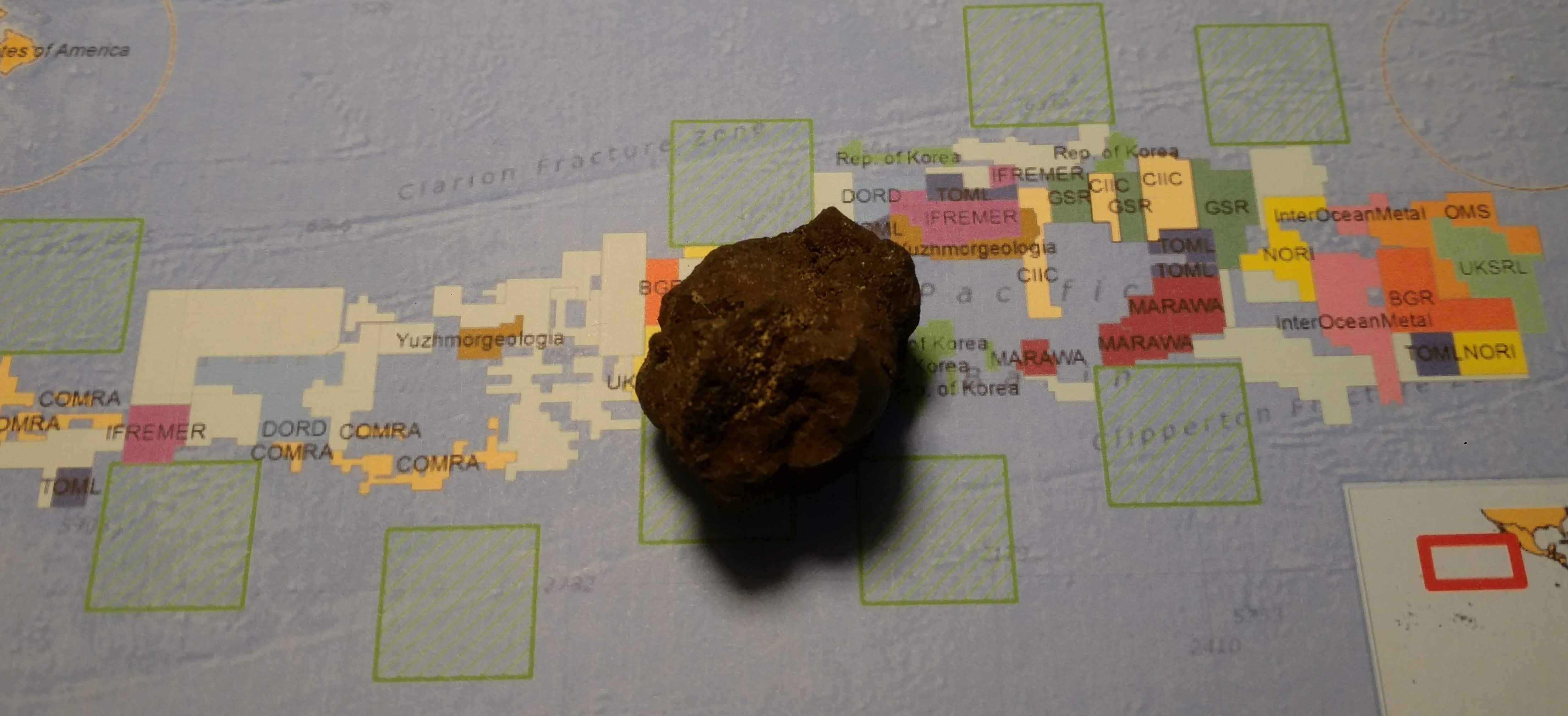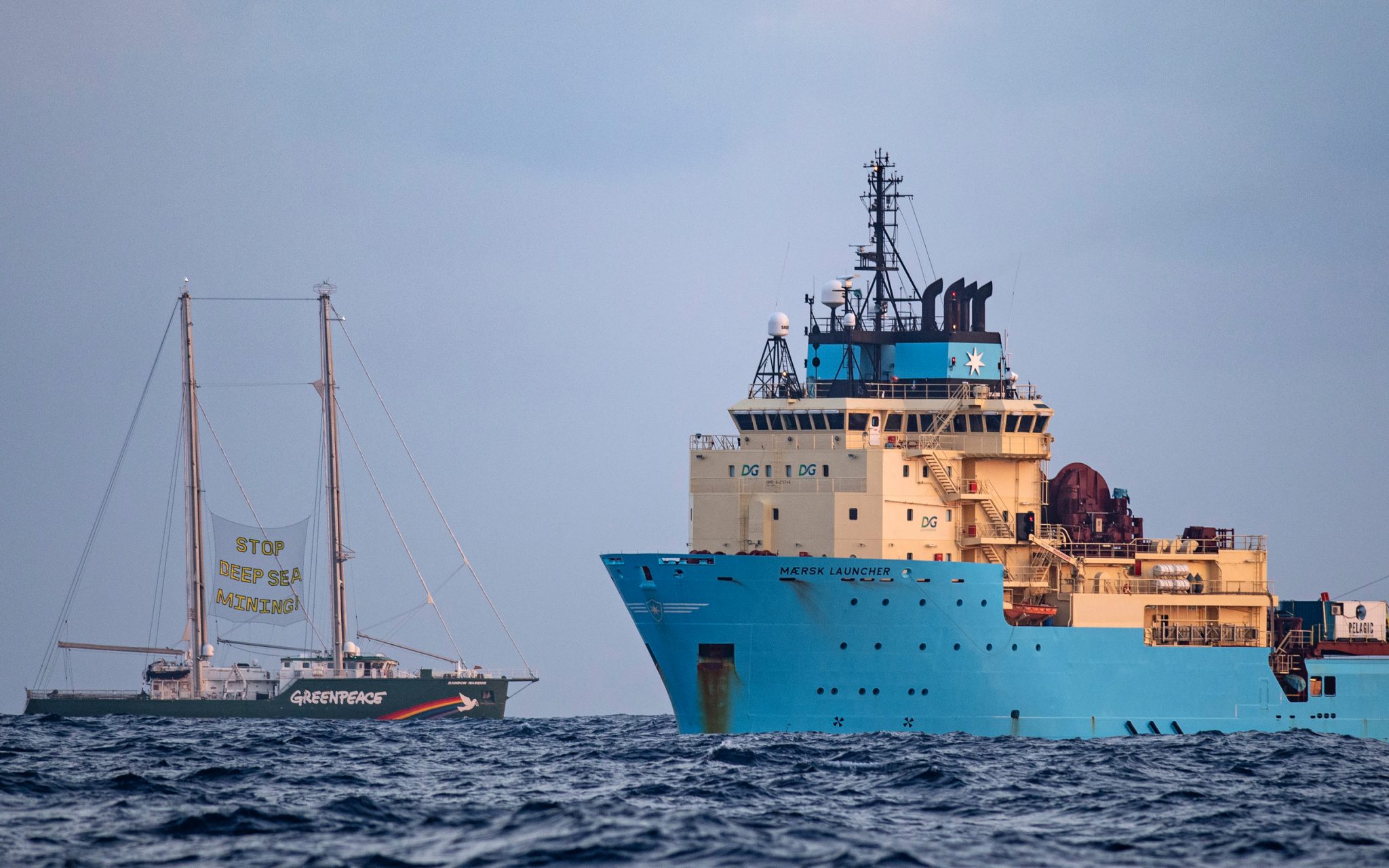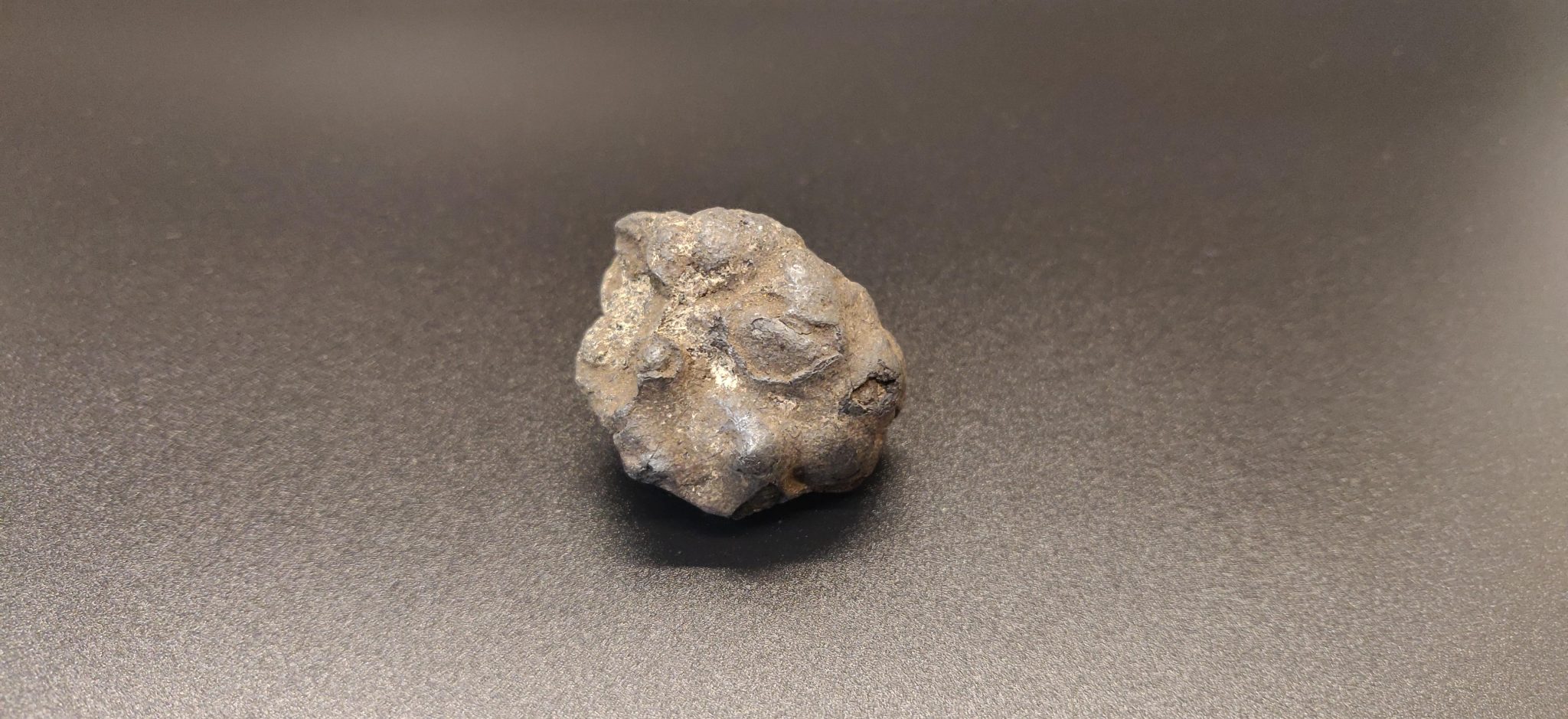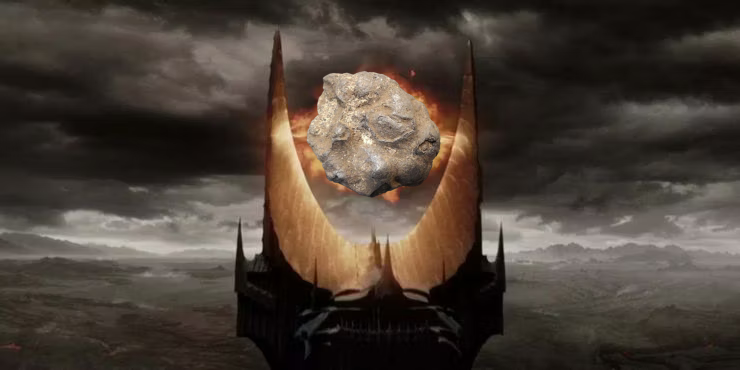The International Seabed Authority is the regulatory body that oversees deep-sea mining in areas beyond national jurisdiction – they’re tasked with develop the mineral resources of the high seas seabed while protecting the marine environment. At the heart of the ISA is the Secretariat, the administrative organ charged with the day-to-day operation of the ISA. The Secretariat is led by the Secretary-General, currently Michael Lodge who is widely regarded as aggressively pursuing the development of the Deep-Sea Mining Code and has been criticized for being dismissive of the ISA’s concurrent mandate to protect the marine environment.
The Secretary-General is up for reelection this year. During the spring ISA meeting, Brazil nominated Leticia Carvalho as their candidate for Secretary General. Carvalho is a marine scientist with the UN Environment Programme. Historically, the Secretary-General has been nominated by their home country (though, there have only been three Secretaries-General, so that precedent doesn’t exactly have deep roots). Lodge was nominated by the UK in 2016 and continued his tenure through a silence procedure implemented during the COVID pandemic in 2020. Curiously, at that same meeting, Lodge was not nominated to continue to serve as Secretary-General.
Rumors were swirling in the ISA backchannels that the UK did not intended to nominate Lodge for a third term. Since 2016, the UK has shifted its position on deep-sea mining, backing calls for a more cautious approach. It would seem that the priorities of the UK government no longer align with Lodge’s leadership.
Those rumors were confirmed yesterday when Todd Woody at Bloomberg revealed that Lodge has officially been nominated to serve a third term as Secretary-General, but not by his home country of the UK. Kiribati, a Pacific island nation (and the only country in the world that can claim to exist in all four hemispheres, simultaneously thanks to its location at both the equator and meridian) who sponsors ISA mining exploration leases, submitted a letter of nomination for Lodge in a diplomatic note on Sunday.
I think it’s unlikely that Secretary-General Lodge will be unseated in July. While the calls for bans, moratoria, and precautionary pauses in the development of deep-sea mining have grown, Lodge still enjoys significant support from ISA member states, particularly those who sponsor deep-sea mining contractors. A leadership change at this juncture in the negotiation process would dramatically alter the trajectory of the mining code deliberation in way that many member states would not be happy with. Losing the support of his home country is surely an ego blow, but I doubt it will have much impact on the outcome of the election of Secretary-General.
It’s no surprise that I have been underwhelmed with Lodge’s leadership, particularly around press access and transparency. Lodge came under fire from accusations that the ISA was inappropriately sharing information with mining contractors. I’m also occasionally frustrated by statements Lodge makes framing the deep-sea mining debate as a conflict between mining companies and environmentalists, ignoring the fact that the vast majority of individuals working within the deep-sea mining industry are, themselves environmentalists. This is an industry fundamentally motivated by the need to break free of fossil fuels and the debate surrounding deep-sea mining is not one in which there are obvious villains, but rather genuine disagreement between people motivated by the long-term survival of our planet navigating the most complex resource management regime yet conceived.
The seabed deserves a Secretary General that can rise to meet that challenge.
Southern Fried Science is free and ad-free. Southern Fried Science and the OpenCTD project are supported by funding from our Patreon Subscribers. If you value these resources, please consider contributing a few dollars to help keep the servers running and the coffee flowing. We have stickers.



